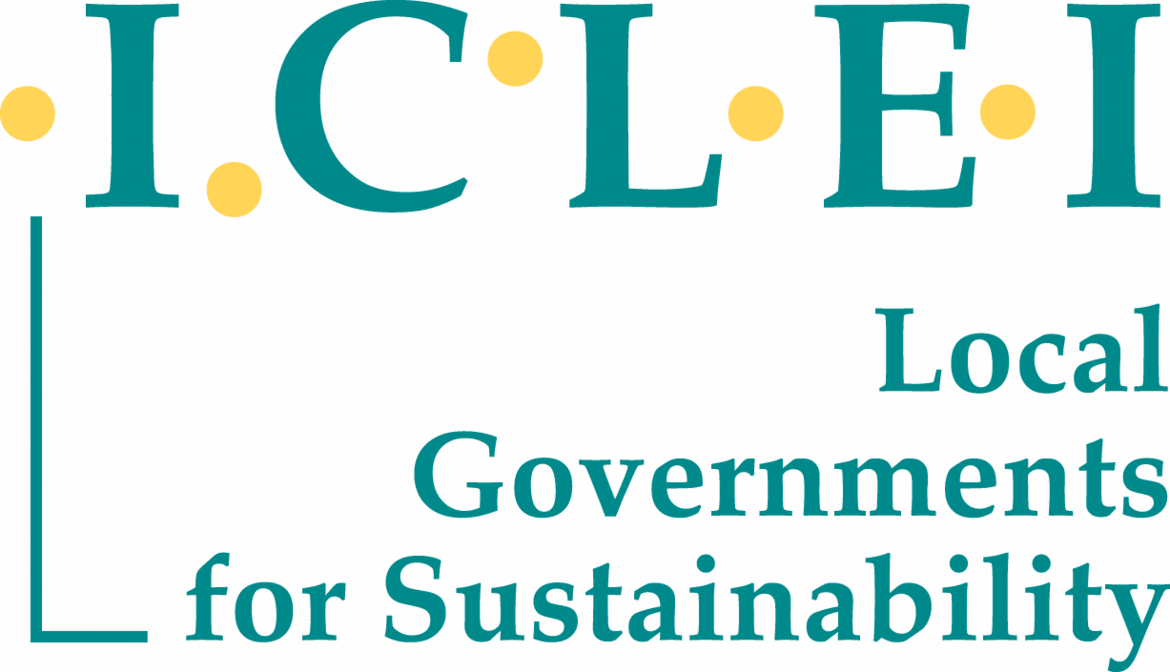Solving Tomorrow’s Problems with Smart City Methodology
While the image of smart cities is often portrayed as a utopian future, one of the main drivers behind the development is, according to Roman Mendle from ICLEI, the rather scary, dystopian forecast for urbanization over the next 20 years. dotmagazine spoke to Roman about the advantages of the smart city methodology, and how we need to change the way we conceive of urban spaces.

© Comomolas | istockphoto.com
Listen to the 13-minute interview above, read the transcript, download the audio for later, or jump to the individual questions here:
- Firstly, can you tell us a bit about ICLEI? Who are your members and what do you do?
- How does ICLEI define what a smart city is?
- What are the greatest challenges for cities, in your eyes, in transforming into a smart city?
- Looking at some of these challenges, how can they be solved effectively?
- What kind of partnerships should cities be establishing to become successful as a smart city?
- What do you think will be the strongest force for change in cities in the future?
Roman Mendle manages ICLEI's Programs on Smart Cities Program and City-Business Collaboration, enabling cities to navigate the smart cities space and to evaluate solutions to sustainability challenges through demand-driven interaction with the private sector. He also supports industrial legacy cities to transition towards sustainability through the Urban Transitions Alliance. Roman has an MSc in Sustainability Science, a BA in East Asian Economics and Politics focusing on China, and a university certificate in Energy Economics and Mining Law.
Please note: The opinions expressed in Industry Insights published by dotmagazine are the author’s own and do not reflect the view of the publisher, eco – Association of the Internet Industry.



